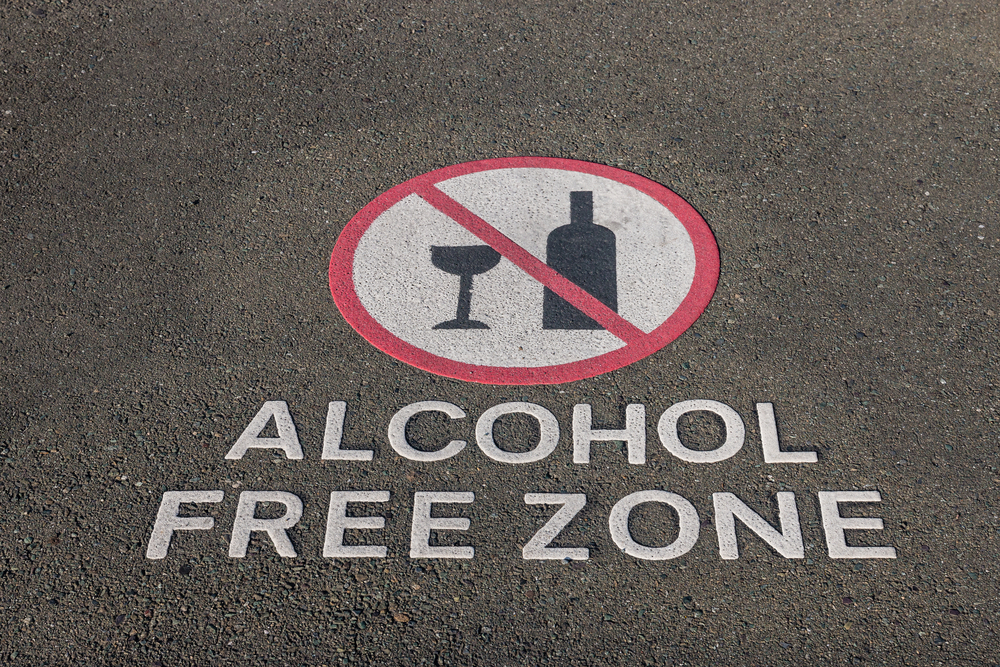
On whether alcoholics can ever drink again, the consensus is an overwhelming no, but why is the medical and therapeutic community so firm on lifelong sobriety? The answer lies in how long-term alcohol abuse changes your brain chemistry and how this irreversible process, alongside genetic predisposition to addiction, makes any return to drinking a dangerous gamble.
Sobriety is on the up. After decades of increasing drinking levels in the UK, more and more people are choosing to stop drinking. Almost half of Brits surveyed in 2005 had been sober for at least a week. Not only this, but fewer young people are starting to drink in the first place. Moderation is a luxury people addicted to alcohol don’t enjoy, and experts generally agree that an alcoholic can never drink socially or in moderation again. Why is this the prevailing opinion, and what is this idea based on?
The risks of drinking too much are multiple. The risk to your health and relationships and the risk of addiction make it a worrying presence in anyone’s life. By far, the greatest danger is becoming dependent on alcohol. At its base, alcoholism means being out of control of your drinking.
Depending on the severity of your alcoholism, it is possible to stop using therapy, detox, and rehab services. One of the biggest issues with alcoholism is not just the chemical addiction you have to contend with. Most alcoholics have a co-occurring mental health disorder, which has led them down this path.
Alcoholics feel like they cannot stop drinking. It takes tremendous effort and dedication to stop drinking if you are addicted to alcohol.
The uncomfortable truth is that while people who drink excessively may moderate their drinking, an alcoholic takes a terrible risk every time they start drinking. They may not stop again.
As someone afflicted by alcoholism, the real question should be, why would you want to?
Ask an alcoholic their dream scenario about alcohol, and the most common answer is: return to normal, social drinking. The memory of the good old days when they first started drinking may create an ideal scenario for people addicted to alcohol.
If a venomous snake bit me, I’d try to avoid it again. Why would anyone start drinking the thing that has given them so much pain?
An alcoholic may ignore the harsh realities of their life on alcohol. However it starts, alcoholism ends in a dark spiral, leaving a trail of misery and broken relationships behind it.
We all accept a degree of risk in our lives. Given the danger of losing yourself to alcoholism again, it is hard to see why you would take that chance.
The question of whether an alcoholic drinks again answers itself. If you think there is a chance you might slip back into the pain and horror of alcohol abuse, why would you take that chance?
The reason is that you are obsessed with alcohol and can’t control it. This means you can’t drink again.

85% of alcoholics relapse in the first year of sobriety, and more than half within the first month. For those who make it through detox and physical withdrawal, a few months after stopping drinking is the most common point.
We start thinking that if we have managed to stay sober this long, we might be cured. This is, sadly, a false promise. There is no cure for addiction. The obsession with alcohol will stay with us for the rest of our lives.
One of the main reasons alcoholics can’t drink again safely is the link with mental health. Alcohol affects our brains in several ways. It temporarily increases chemicals that make us feel happy, such as GABA, Dopamine and endorphins.
The issue lies in constant use. This is why many people with anxiety and depression feel short-term relief from their symptoms when they drink. This makes it harder and harder for the person to feel happiness and pleasure with and without alcohol. This makes their mental health issues worse over time.
It is possible to recover from mental health problems with treatment and time. Some people move on from them completely, but they are always at risk of returning.
Too much alcohol can interfere with your brain’s chemical balance, leading to depression, anxiety, and dementia. It is also worth considering that most medications for mental health problems, such as anti-depressants, anti-psychotics and anxiety sedatives, do not mix with alcohol.
The risk of mixing these two things will always be present in those with dual mental health and alcohol misuse issues.
Most alcoholics have told themselves countless times they will have one drink and then head home. Then it is closing time, and they have lost control again.
It is possible to say no to alcohol even if you are an alcoholic. Otherwise, there wouldn’t be so many recovered alcoholics. That ability lowers along with your inhibitions with every drink you have. That’s why it is so hard to stop drinking the more you consume.
A friend of mine is a recovered alcoholic. One day, I got a round of beers for our pal and me and orange juice for him. A bit of lager spilt in his orange, and he took it back. He’s sworn he’d never touch a drop. That was the only way.
It’s never just one drink when you are an alcoholic. The downward spiral is inevitable and not worth the risk.
A firm factor in alcoholism is denial. It can be a complex and infuriating part of alcohol addiction for the addicted and those around them. This is a defence mechanism; it stops us from feeling guilt and taking the necessary steps towards recovery.
This plays into the question of whether an alcoholic can drink again. Often, it comes into play after a period of sobriety. Overconfidence leads the addicted person to believe that if they can stop for a while, they aren’t an alcoholic.
“I can’t be an alcoholic; I haven’t had a drink for months. Therefore, I can have a drink again.”
At this moment, it is important to remember that if alcohol wreaks havoc on your life, it will do that again. The mere fact that you cannot stop despite remembering the negative consequences means you are addicted. Why else would you take such a risk with your life?